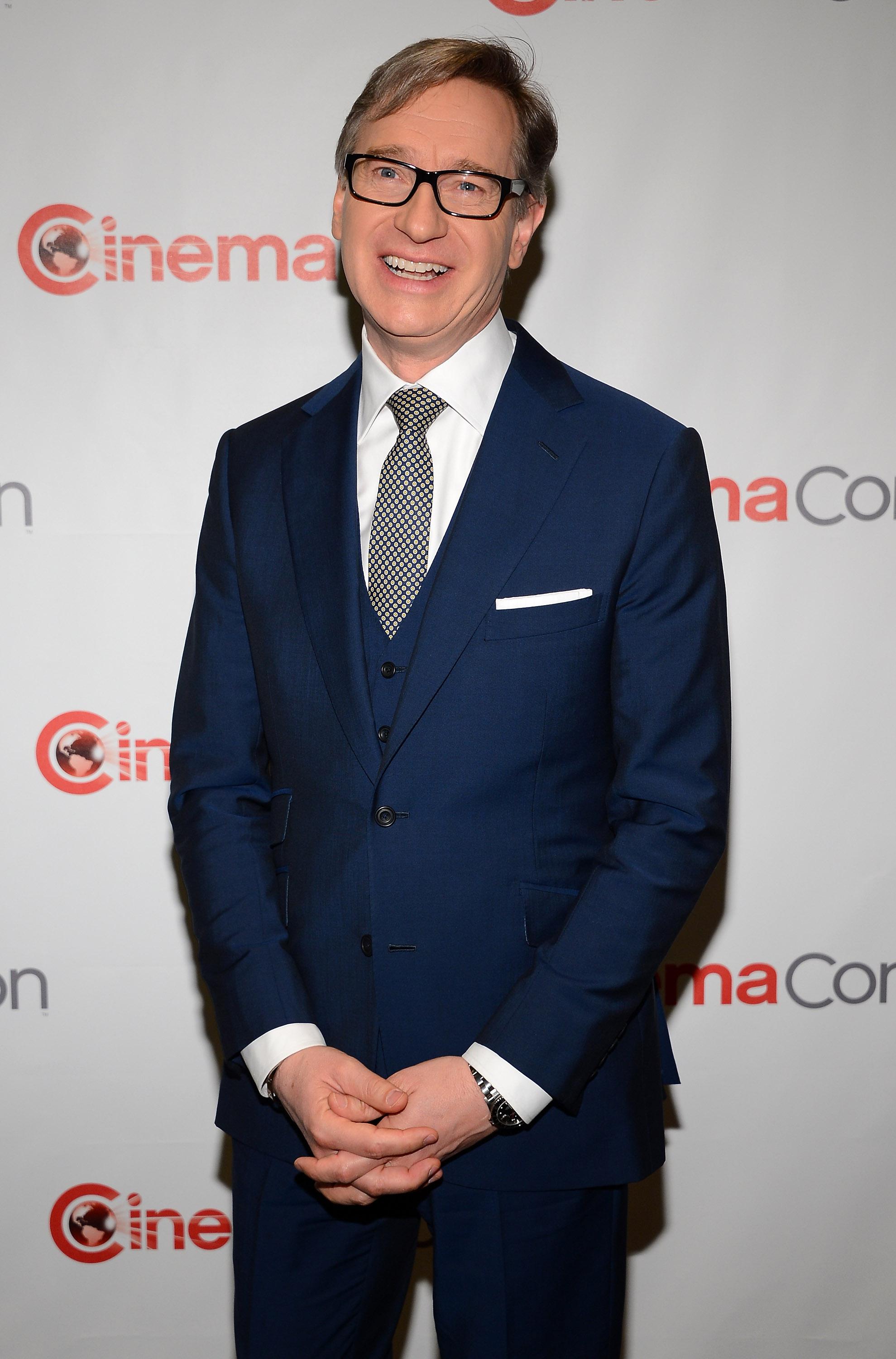At a CinemaCon panel last week on the state of women in the film industry, Bridesmaids director Paul Feig explained a terror that must dog almost every woman who makes movies in Hollywood, or anyone of any gender who makes movies about women. “I was terrified,” he said about the period leading up to the release of what became a smash hit, “thinking that if I screw this up, no women are ever going to star in movies again.” Feig may be exaggerating the actual risks he took in making an R-rated comedy that focuses on female friendship. But the fact that he was anxious illustrates a key difference between the people who succeed in Hollywood and the people who get to keep making movies or television by the skin of their teeth: The first have the right to fail and still get more chances.
Take the case of Taylor Kitsch, who first came to prominence playing Tim Riggins in Friday Night Lights. In 2012 alone, Kitsch got three shots at proving he was the major star everyone expected him to be. First, he had a chance to establish himself as a genre stud by playing a former Confederate soldier suddenly transported to Mars in Disney’s John Carter. Then, he showed off his conventional action chops in Battleship. And finally, he had an artsy turn as a drug dealer in Oliver Stone’s Savages. All three movies were flops, but Kitsch has hardly been blackballed. He’ll be in Peter Berg’s Navy SEALs movie Lone Survivor, he’s starring in The Grand Seduction with Brendan Gleeson, and Ryan Murphy, no zeitgeist slouch, cast him in his forthcoming adaptation of The Normal Heart.
It’s hard to think of an actress—or a female director—who would be given so many chances after having failed so spectacularly three times in a row. After a string of misfires, Halle Berry’s genre credibility from her turn as Storm in the X-Men movies is pretty much what’s keeping her viable and employed in tentpoles, and she has an Academy Award. Lindsay Lohan was considered a prodigious Hollywood talent before her slide into serious drug dependency, and has since been bashed as selfish, clueless, and hopeless. Meanwhile, networks have gone to enormous lengths to keep Charlie Sheen functional enough to work, despite his record of violence towards women. Given that it’s been eight years since Reese Witherspoon’s own Oscar turn in Walk The Line, is it any surprise that she went rapidly into apology mode after her arrest for disturbing the peace Sunday night?
It’s no wonder that Feig was anxious. But his success has opened up huge opportunities for Kristen Wiig and Melissa McCarthy, as well as demonstrating that Rose Byrne, known for her dramatic skills, can do comedy. If only more male directors wanted to use the leeway they’ve been granted to create more opportunities for women, who don’t have the luxury of taking the same risks, to shine.
